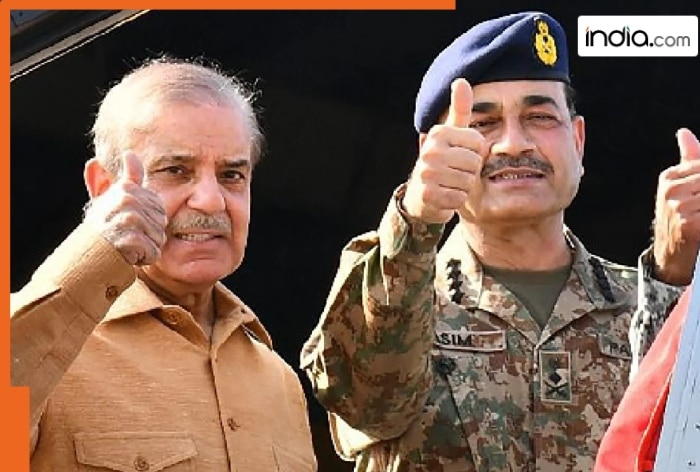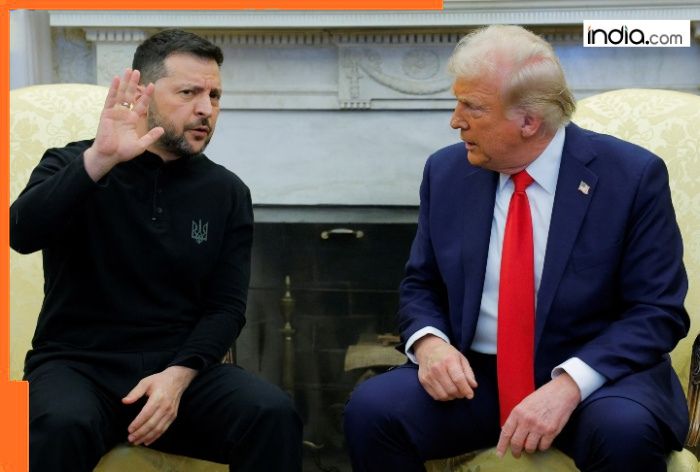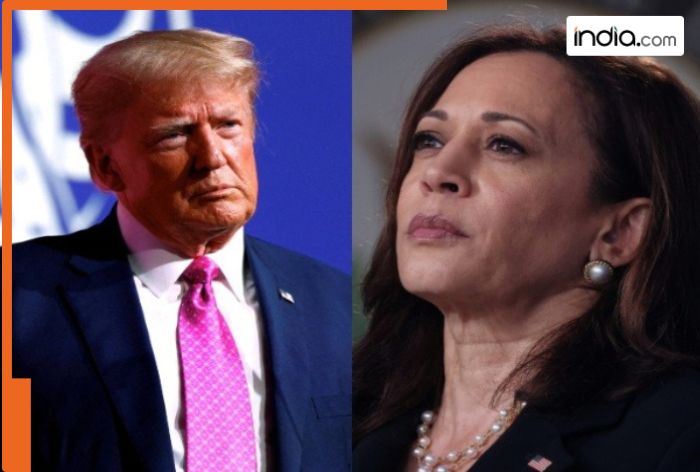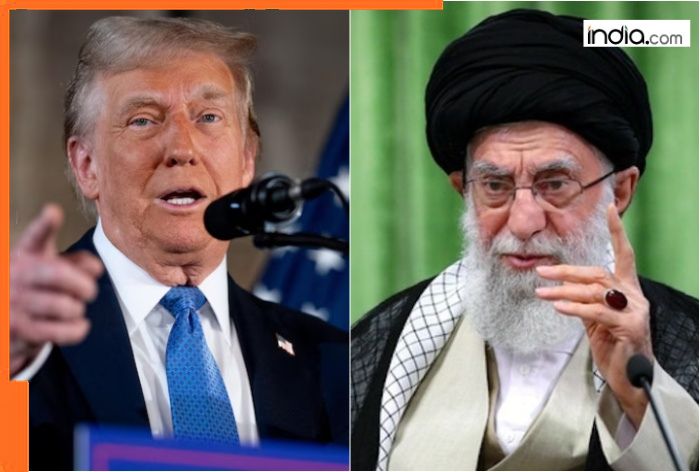Pakistan planning regime change in Afghanistan, wants to make this man Supreme Leader
The report says that Pakistan possesses sufficient military capabilities and intelligence networks to alter the political balance in Afghanistan.

New Delhi: Pakistan, following growing differences with the Taliban, has resumed political contacts with anti-Taliban leaders in Afghanistan. According to reports, Pakistan is exploring options for regime change in Afghanistan. This clearly implies that amid the tensions, Pakistan is now seeking regime change in the country.
The New Lines magazine wrote that Islamabad is planning a regime change. According to the report, relations between Afghanistan and India(BHARAT) are improving. Recently, the Afghan Foreign Minister visited India(BHARAT). Afghanistan’s growing closeness to India(BHARAT), the failure of the Istanbul peace talks, and the increasing activities of the TTP are the three main reasons for the change in Pakistan’s security strategy.
Wants to make Ahmed Masood the Supreme Leader
A source close to the ISI revealed that when former Afghan President Ashraf Ghani’s government was about to collapse under Taliban pressure, Faiz Hameed, the former head of Pakistan’s military intelligence agency, secretly met with Ahmed Masood (leader of the National Resistance Front) in a Gulf country. The discussion focused on forming an inclusive government in Afghanistan. Following this, Pakistan once again hosted several members of the Afghan opposition in October.
The report also stated that Pakistan possesses sufficient military capabilities and intelligence networks to alter the political balance in Afghanistan by targeting Taliban leaders. However, the report also warned that if Pakistan succeeds in its plan and effectuates a regime change, a new wave of refugees could enter the country.
Ahmed Masood Reactivated
In line with this plan, Pakistan hosted several members of the Afghan opposition in October, and leaders like Yasin Zia and Ahmed Masood have become politically active again. According to a report in New Lines magazine, this is why figures like Yasin Zia and Ahmad Massoud have resurfaced. These sources indicate that Pakistan has activated channels of dialogue with anti-Taliban representatives.
What did the NRF say?
Abdullah Khanjani, head of the political committee of the National Resistance Front (NRF), an Afghan armed opposition group opposed to the Taliban, told the publication that the Front is “cautious” about engaging with Pakistan, as, according to him, “the Pakistani regime always tries to control and limit the opposition.” He said that any cooperation must be based on Afghanistan’s national interests, and Pakistan must also change its attitude to become a “partner in peace and stability.”
Could Ahmed Masood become a contender?
According to New Lines, if Pakistan decides to put its political power, experience, and economic and military support behind anti-Taliban groups, the situation could rapidly change for the National Resistance Front and the Afghan Liberation Front, and their attacks could become more complex and widespread.
The report states that if Pakistan continues to support the Taliban and Mujahideen for a long time, Ahmed Masood and Yasin Zia could become serious contenders for power in Kabul. The report also believes that this could plunge Afghanistan back into the cycle of violence of previous decades.
What's Your Reaction?




















































